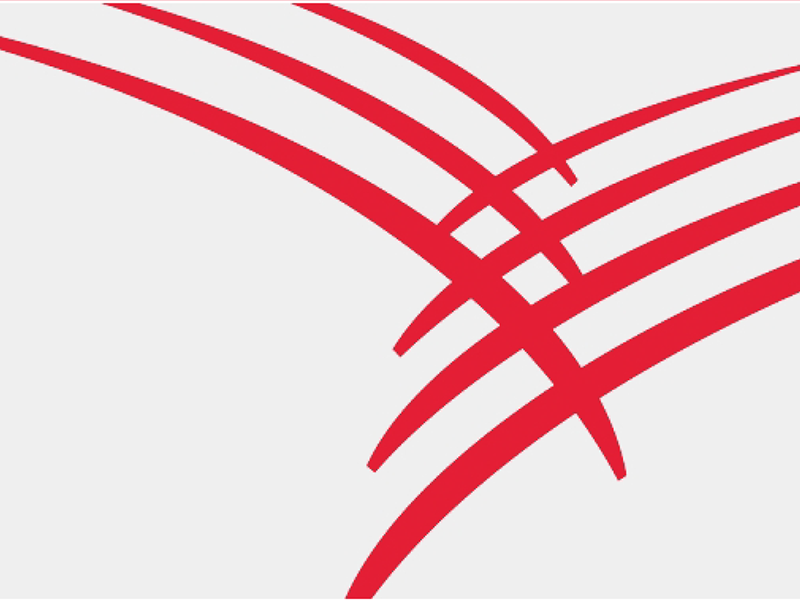 |
Press Releases
DUBLIN, Ohio, Aug. 29, 2014 /PRNewswire/ -- In part four of a blog series that addresses how to leverage a hospital pharmacy as a strategic asset, Mary Baxter, MBA, RPh., vice president and national practice leader for Cardinal Health's Innovation Delivery Solutions business, discusses how expanding patient access to quality pharmacy care can benefit both hospitals and patients.
"Every hospital pharmacist knows that filling medication orders is only one part of their job in a value-based healthcare world," Baxter says. "For the hospital pharmacy to truly operate as a strategic asset, pharmacists need to focus on delivering the highest quality clinical care to their patients, while also supporting their hospitals in extending that quality care to as many patients as possible."
Baxter outlines five key ways pharmacy leaders can help the hospitals they serve fulfill their quality care mission:
- Delivering pharmacy services to employees, the community and patients, post-discharge. Introducing new outpatient pharmacy services or expanding current outpatient pharmacy services can help expand access to medications among patients, the community and employees alike.
- Bedside pharmacy. Operating an outpatient pharmacy allows a hospital to ensure patients have access to the drugs and information needed to make post-discharge care successful.
- Help for uninsured or underinsured patients. With an increasing number of patients receiving charity care, more hospitals are finding time- and cost-effective ways to help uninsured and underinsured patients' access medications.
- Antibiotic stewardship. Research has shown that up to 50 percent of antibiotic usage in hospitals is inappropriate. Consider creating an antibiotic stewardship program to reduce the number of adverse drug events and increase patient safety.
- 24/7 pharmacy coverage. Gaps in pharmacy coverage can lead to increased turnaround time in administering medications to patients. Remote pharmacy services can be an affordable and practical alternative to this problem.
Read Baxter's full blog post on this topic at Essential Insights. Her next post in this series will address the fourth and final principle of Cardinal Health's "Four F Framework" for hospital pharmacies: Follow the patient. To learn more about the "4 F Framework" and review real-world examples of hospital pharmacies implementing these concepts, follow Baxter's blog series Leveraging the Hospital Pharmacy as a Strategic Asset on Essential Insights.
Cardinal Health's Innovative Delivery Solutions business helps providers transform hospital pharmacies into a strategic asset – delivering value that supports the patient throughout the continuum of care. The team's mission is to provide exceptional clinical, supply chain, analytics and operational expertise to improve patient access, increase quality of care and reduce overall costs. From supply chain management solutions to expert consultative services, Cardinal Health Innovative Delivery Solutions provides a highly comprehensive, universal solution for hospital pharmacies.
About Cardinal Health
Headquartered in Dublin, Ohio, Cardinal Health, Inc. (NYSE: CAH) is a $91 billion healthcare services company that improves the cost-effectiveness of health care. As the business behind health care, Cardinal Health helps pharmacies, hospitals, ambulatory surgery centers and physician offices focus on patient care while reducing costs, enhancing efficiency and improving quality. Cardinal Health is an essential link in the health care supply chain, providing pharmaceuticals and medical products to more than 100,000 locations each day. The company is also a leading manufacturer of medical and surgical products, including gloves, surgical apparel and fluid management products. In addition, the company supports the growing diagnostic industry by supplying medical products to clinical laboratories and operating the nation's largest network of radiopharmacies that dispense products to aid in the early diagnosis and treatment of disease. Ranked #22 on the Fortune 500, Cardinal Health employs more than 34,000 people worldwide. More information about the company may be found at cardinalhealth.com and @CardinalHealth on Twitter.
SOURCE Cardinal Health
